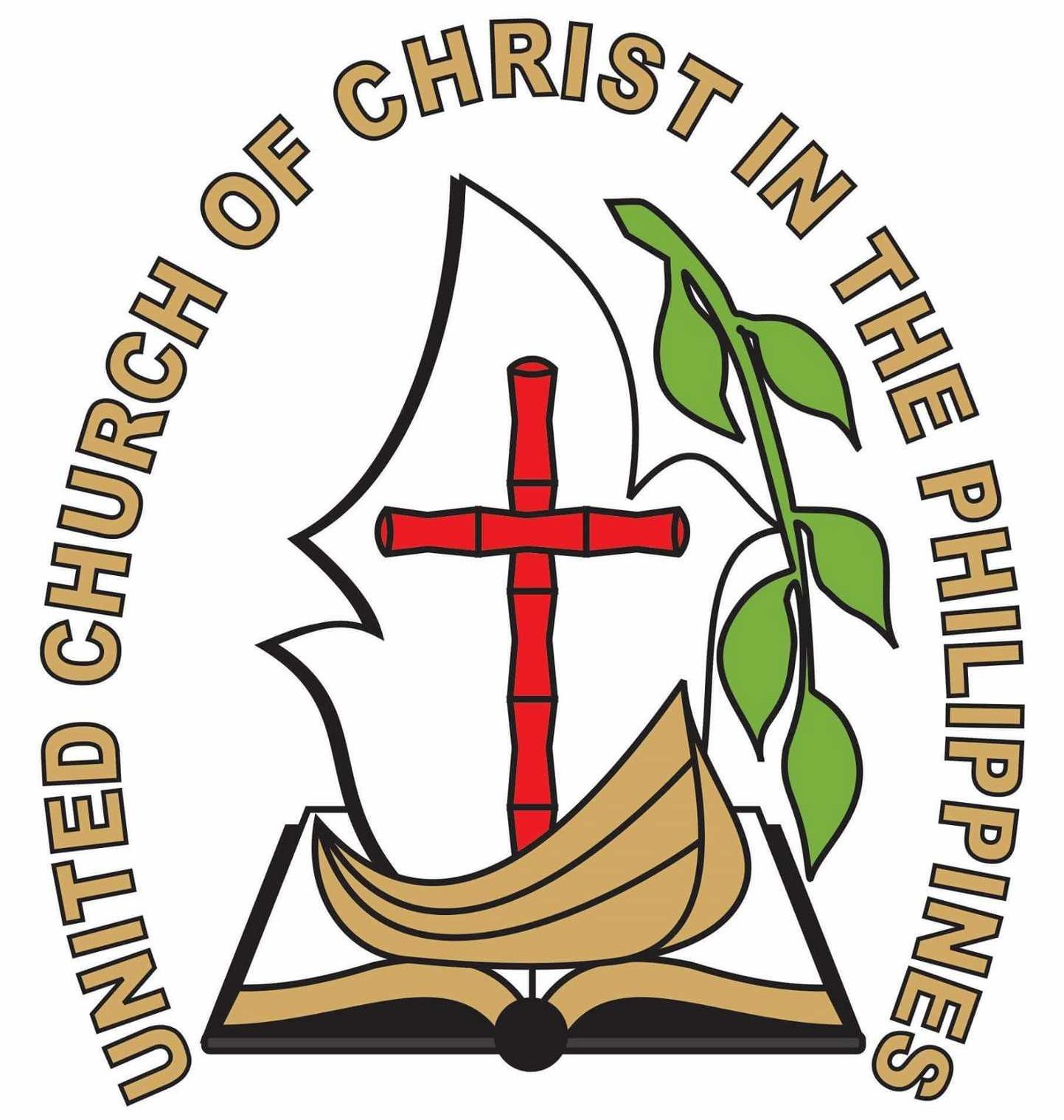THE LORD’S SUPPER IN THESE ABNORMAL TIMES
UCCP | Posted on |


An Advisory from the Council of Bishops and the Faith and Order Commission
The Eucharist or Holy Communion or the Lord’s Supper is one of our sacraments as Protestants. Except those who come from the Disciples tradition, the Communion is observed on a monthly basis, and normally on the first Sunday of the month. The Disciples do it every Sunday, although in some areas, especially in mixed traditions, some have followed the once a month frequency.
In our practice and tradition, only the ordained church workers and licentiates are given the authority to celebrate, lead and administer the sacraments (Baptism and the Lord’s Supper).
In some cases, when there is a dearth of ordained clergy or licentiates, the Communion is moved to other Sundays. In some cases, the Conference Minister or some retired pastors are asked to administer the Holy Communion.
Rev. Lydia Niguidula, acknowledged as an authority in Liturgics for the UCCP, in her sourcebook for Christian Worship, entitled CELEBRATION, noted that the conduct of the Lord’s Supper has varied from when the Mass is celebrated for the Roman Catholics to weekly for the Church of Christ (Disciples) to once a month for many Protestant and evangelical churches, and even to once in a quarter for others.
Niguidula noted that even the day had been moved because of circumstance, like lack of officiant or celebrant as cited above or because many Christians, especially those in a minority position, have to follow the day of rest for the majority culture. For instance, our congregation in U.A.E. as well as other Christians meet on Fridays because that is the day of rest, and where Sunday is a regular work day.
What is stressed in this introduction is that there are normal times, where normal procedures are to be observed. But we must recognize that there are abnormal times, and therefore, a dispensation and a blessing is given for the liturgical or even sacramental adjustments that must be made during extra-ordinary circumstances such as in times of total lockdowns during times of global pandemic.
(Note that there were other major adjustments like when the people of God were exiled and no longer have access to the Temple or even to the priests, the system of the synagogues were established. This would be the precursor of our local churches later on).
Do we or do we not have the Holy Communion on April 5 (1st Sunday) and/or April 9 (Holy Thursday)? This question was raised to the Faith and Order Commission (FOC) and the Council of Bishops and so we are coming up with these guidelines.
- Option A – Have a Communion fast – that is, do not have the Last Supper during this period until the crisis of COVD-19 is over and things return to normal. This is being advocated in some United Methodists circles which state that the benefits derived by allowing non-clergy to administer communion is less than the complications that may arise therefrom. For instance, who will determine which times are extra-ordinary or abnormal? The Bishops? The local church pastors? The members? What would be the norms, parameters and conduct if such times are allowed?
For those, who feel that having the Lord’s Supper during these times poses many more questions and difficulties than benefits, what may be done?
- Option B – Do an Agape Mea
An Agape Meal or Love Feast was how the early Christian believers were doing it. The Lord’s Supper was a part of a bigger and longer supper. This is the situation, for instance, in the Book of 1 Corinthians, where the Words of Institution, is found (I Cor 11:23-26). It was like a potluck setting where the rich and those who are able bring food supposedly so that those who cannot a meal can eat (like servants and slaves). But what often happened is that those who came with food were the ones that ate them. This was what Paul was rebuking (1 Cor. 11:17-22).
An Agape Meal liturgy is being prepared and will be ready for download form our website (uccpchurch.com) and in our Facebook page “United Church of Christ in the Philippines.”
The Conference Offices or the urban churches may reproduce the Agape Meal Service and distribute it to those churches/ congregations that do not access to social media or the internet.
- Option C – Do it with an online UCCP worship service. It is amazing how many online UCCP services are in the web or in the social media during this time. We cannot even keep up with them, but are done by the local churches to keep in touch with their members. It shows that nothing can separate us from the love of God in Christ Jesus. Thus, at a given time every Sunday, church members still use a common liturgy and hear the Word of God read and explained.
This gathering on air, mediated by sound waves and technology, also shows that the Church is the believers and not the church structure or building where they are meeting. In the homes, separated from other homes, the truth of what Jesus declared becomes all the more clear: “Where two or three are gathered in my name, there I am in the midst of them.
In case of the Communion, the families may prepare bread and wine/juice beforehand and as they watch either a livestream or a pre-recorded worship service:
- the elements are placed before the medium being used (TV, laptop, tablet, or smartphone;
- when the Words of Institution are recited by the Pastor within the service and go through the motions of lifting up the elements, one of the parents or the eldest person who is physically able would also lift the bread and the wine/juice.
- the elements are then distributed to the family or those gathered.
The Protestant belief that we in the UCCP inherited from the Reformers is, by and large, Reformed, meaning the stream from Calvin (although, we too have a Wesleyan/Arminian tradition). This view states that
- the bread and wine does not become the actual body and blood of Christ the Communion, which is the view of the Roman Catholic Church;
- nor are Christ’s body and blood present “with, in, and under” the bread and wine, instead of replacing them, like the Lutherans believe
- Nor is the bread and wine just symbolic, they are still bread and wine but represents the body and blood of Christ, like what Zwingli asserted at times
We believe that the Communion is a means of grace, where Christ is spiritually present. According to the New Dictionary of Theology, “the sacraments are means of grace, in which Christ is offered to (people), to be received by repentance and faith or rejected by impenitence and unbelief. . . it holds that Christ is truly received, though without any change in the elements” . . . and “holds that the virtue or benefit of his sacrifice on the cross is also received.
Thus our Book of Common Worship in the “Order of the Word and Eucharist 1” declares: “. . . that our Lord instituted this Sacrament to be observed in the church to the end of the world: for the perpetual remembrance of himself in his death, the sealing of all benefits thereof to true believers, their spiritual nourishment and growth in him . . .”
As the presence of Christ is the Communion is spiritual presence, we, your shepherds, believe that the means of grace can be mediated by the air and sound waves, and as the faithful believers gathered in their homes where Christ is already present, and as they hear the Words of Institution setting aside the ordinary for God’s holy use coming from a duly authorized officiant/celebrant, there is the spiritual presence of Christ in the bread and wine offered.
Option C, we believe is the most viable option in these abnormal times that neither does away with a duly authorized officiant/celebrant nor does away with the Holy Communion altogether.
But we know fully well that not all are blessed with access to the internet or the web. In those situations, Option A or B can be used.
Please click this link for the downloadable file, The Lord’s Supper in these Abnormal Times

Leave a Reply
You must be logged in to post a comment.